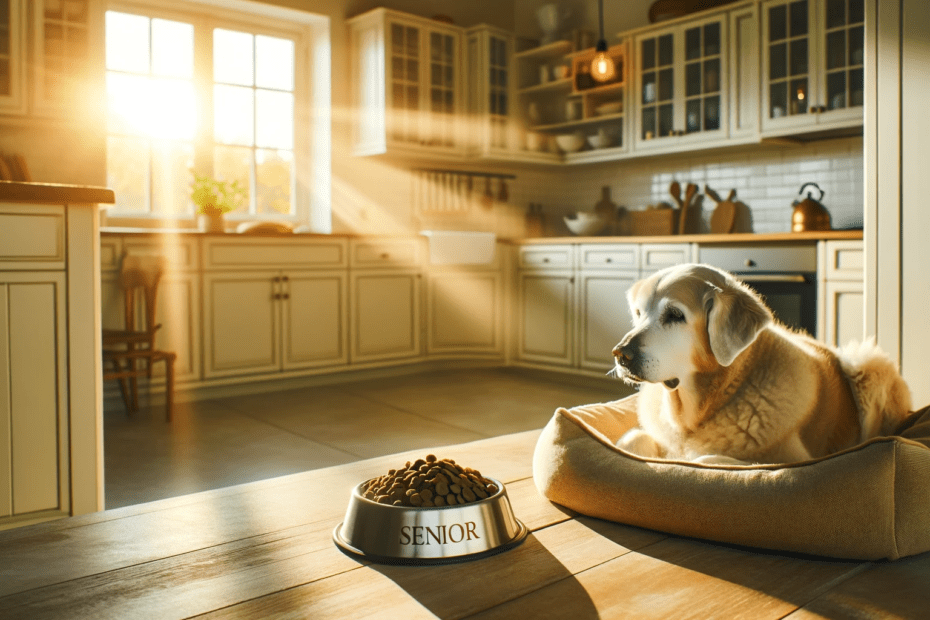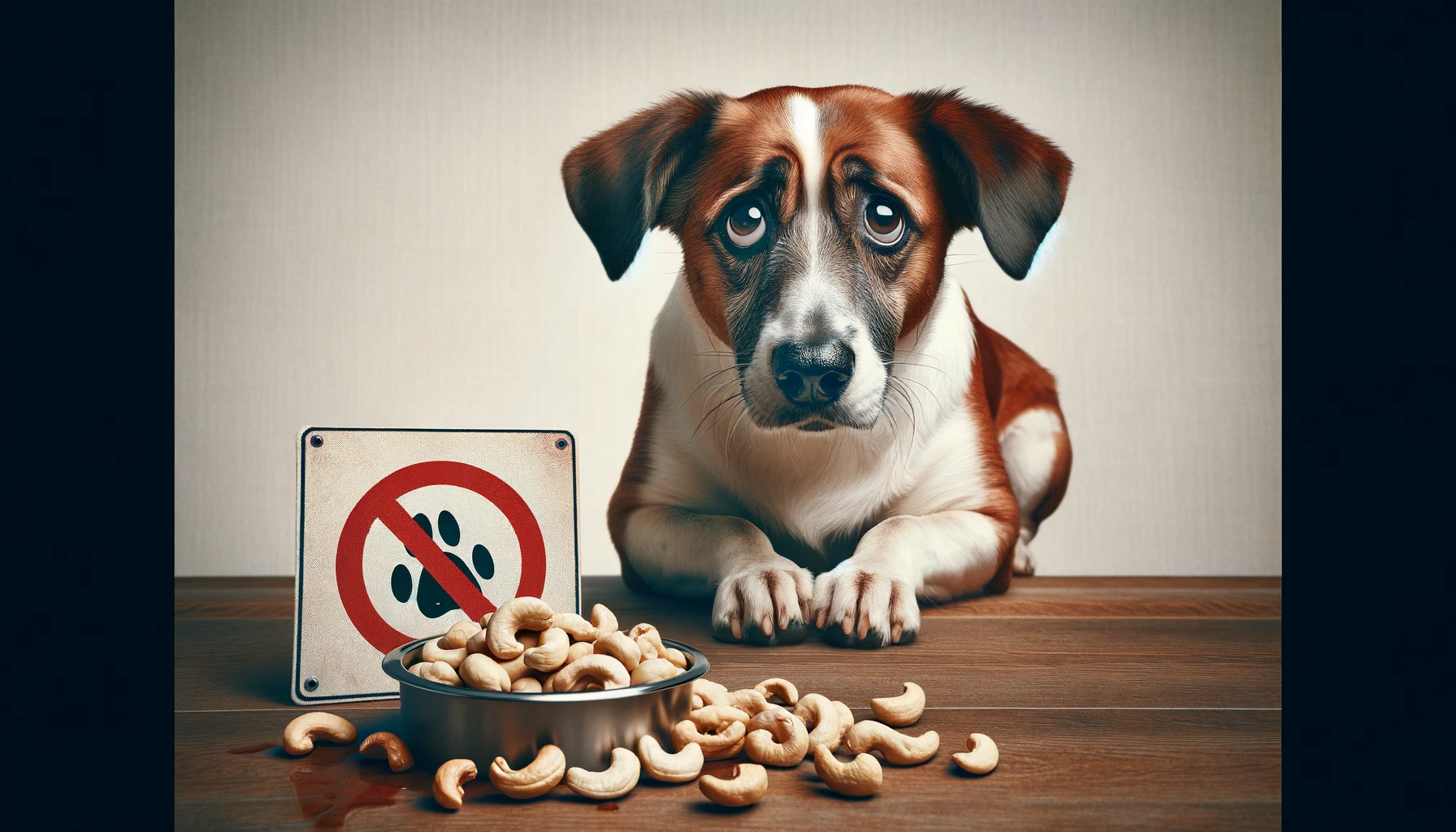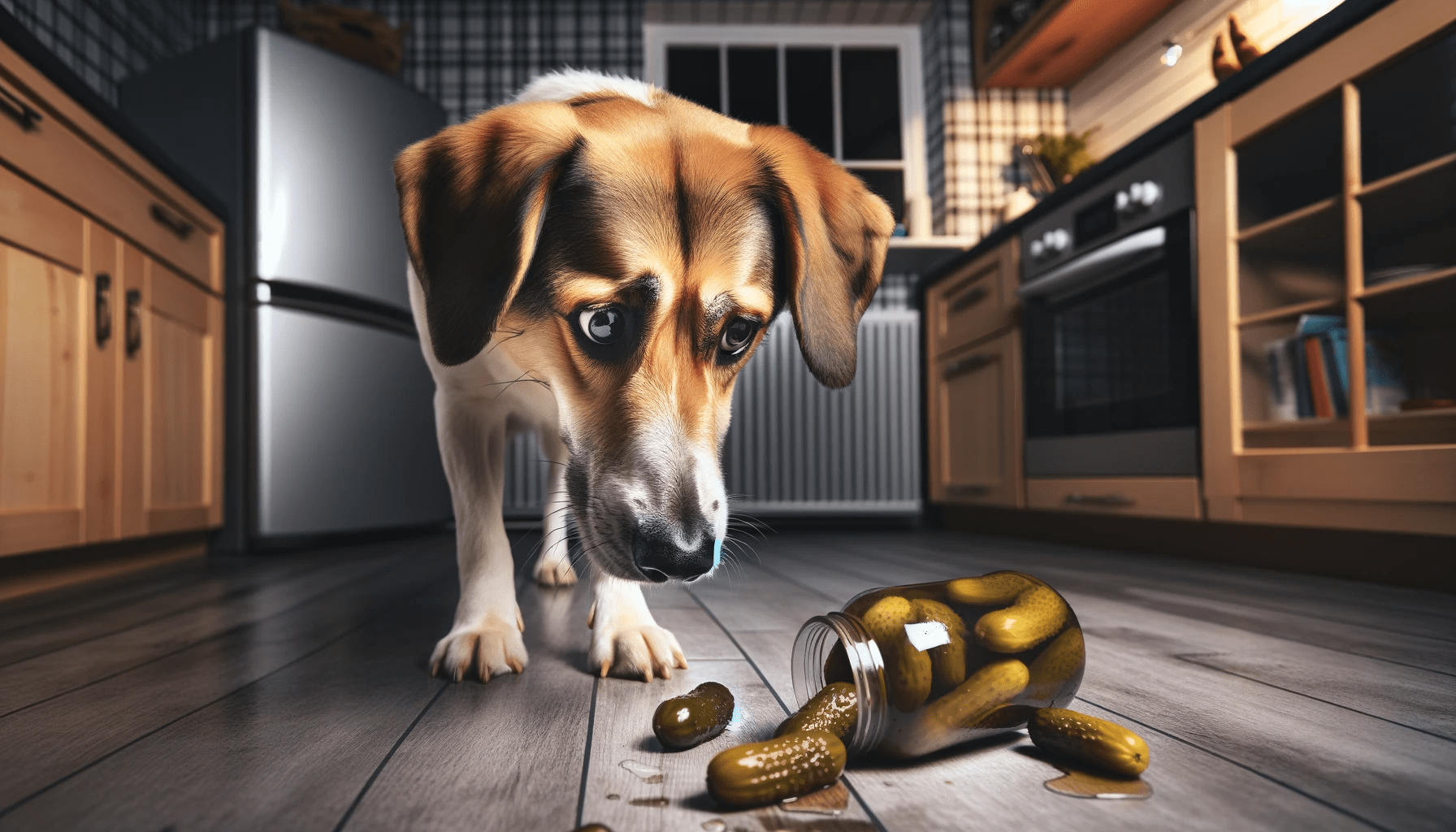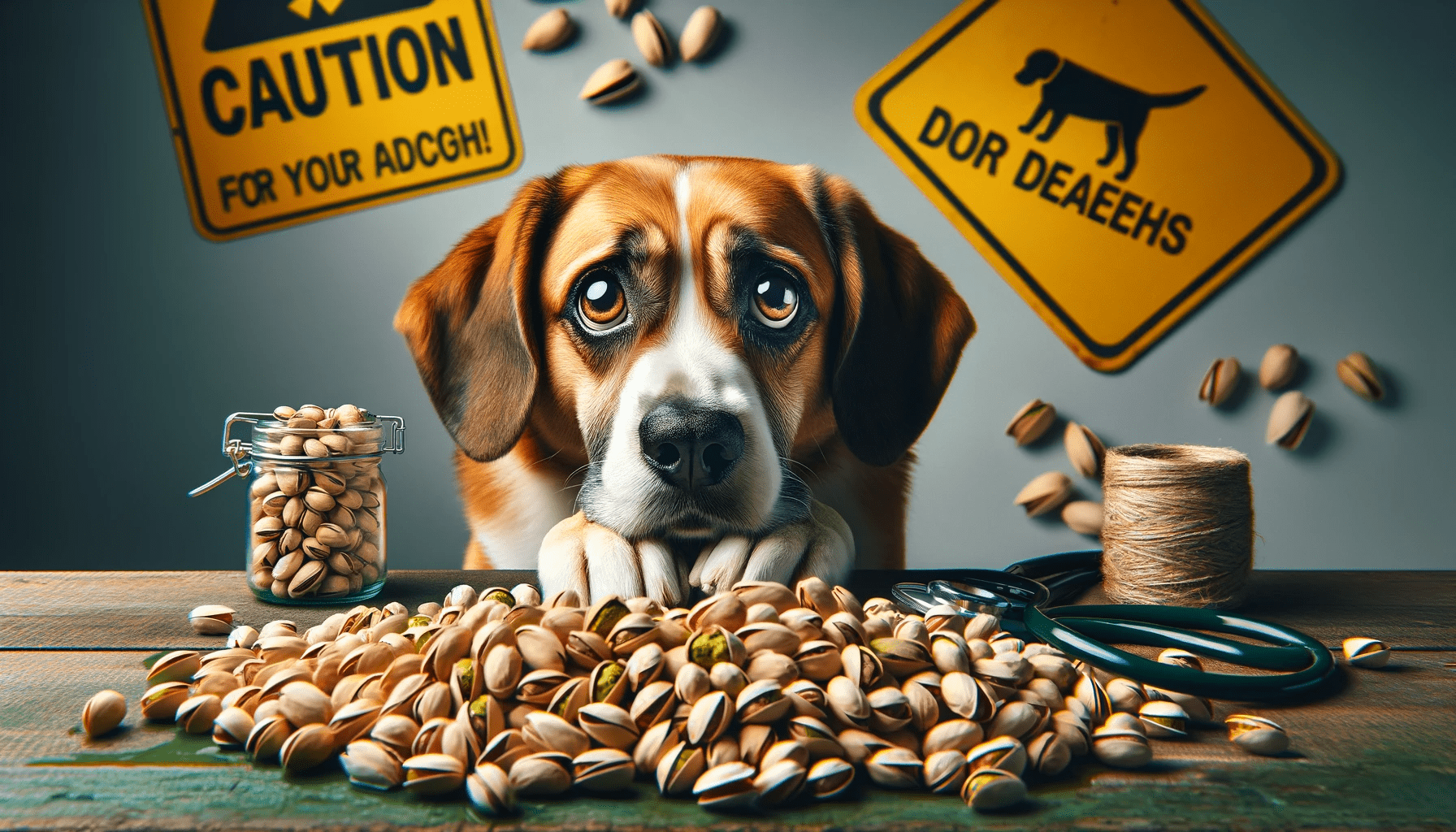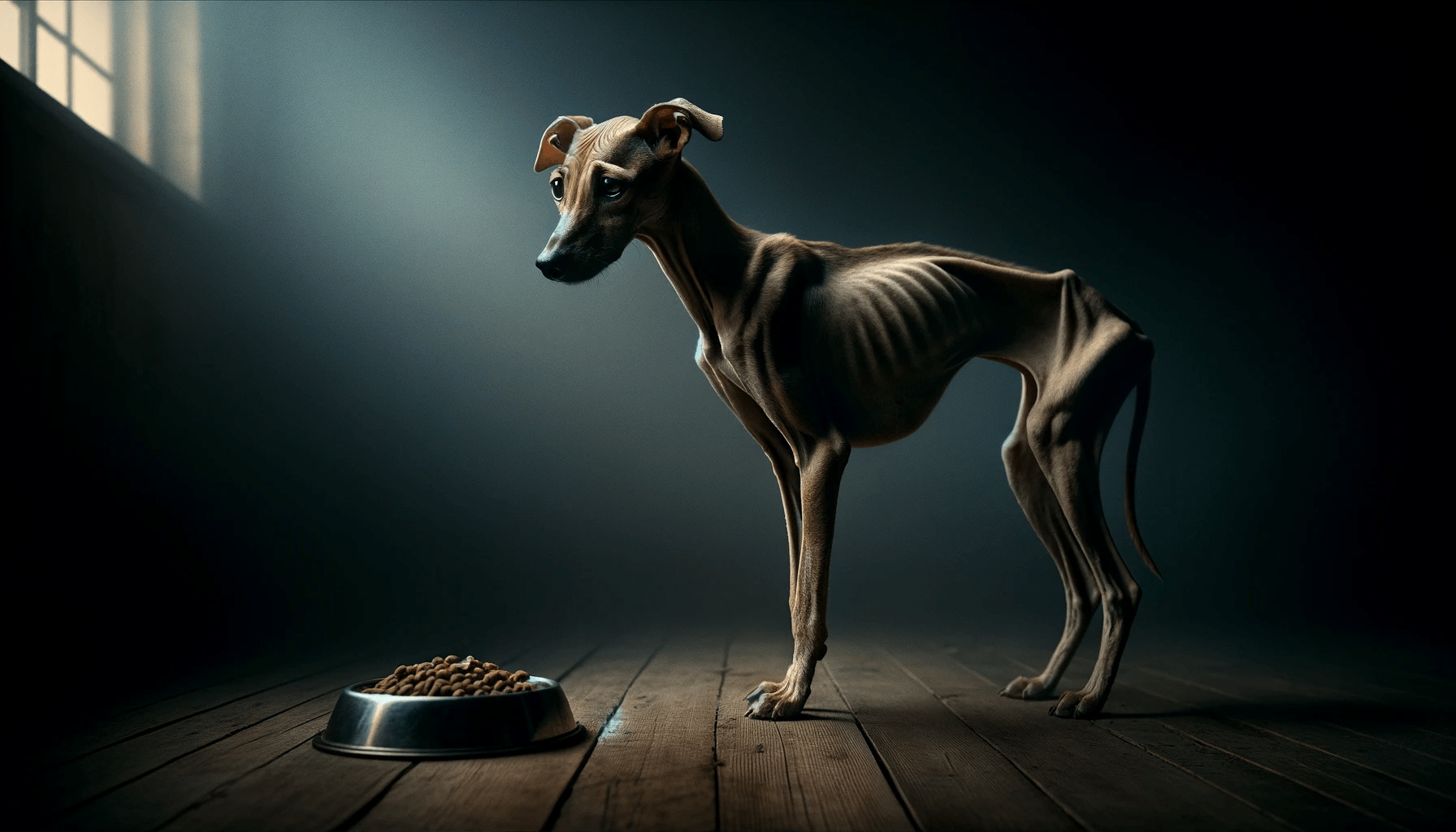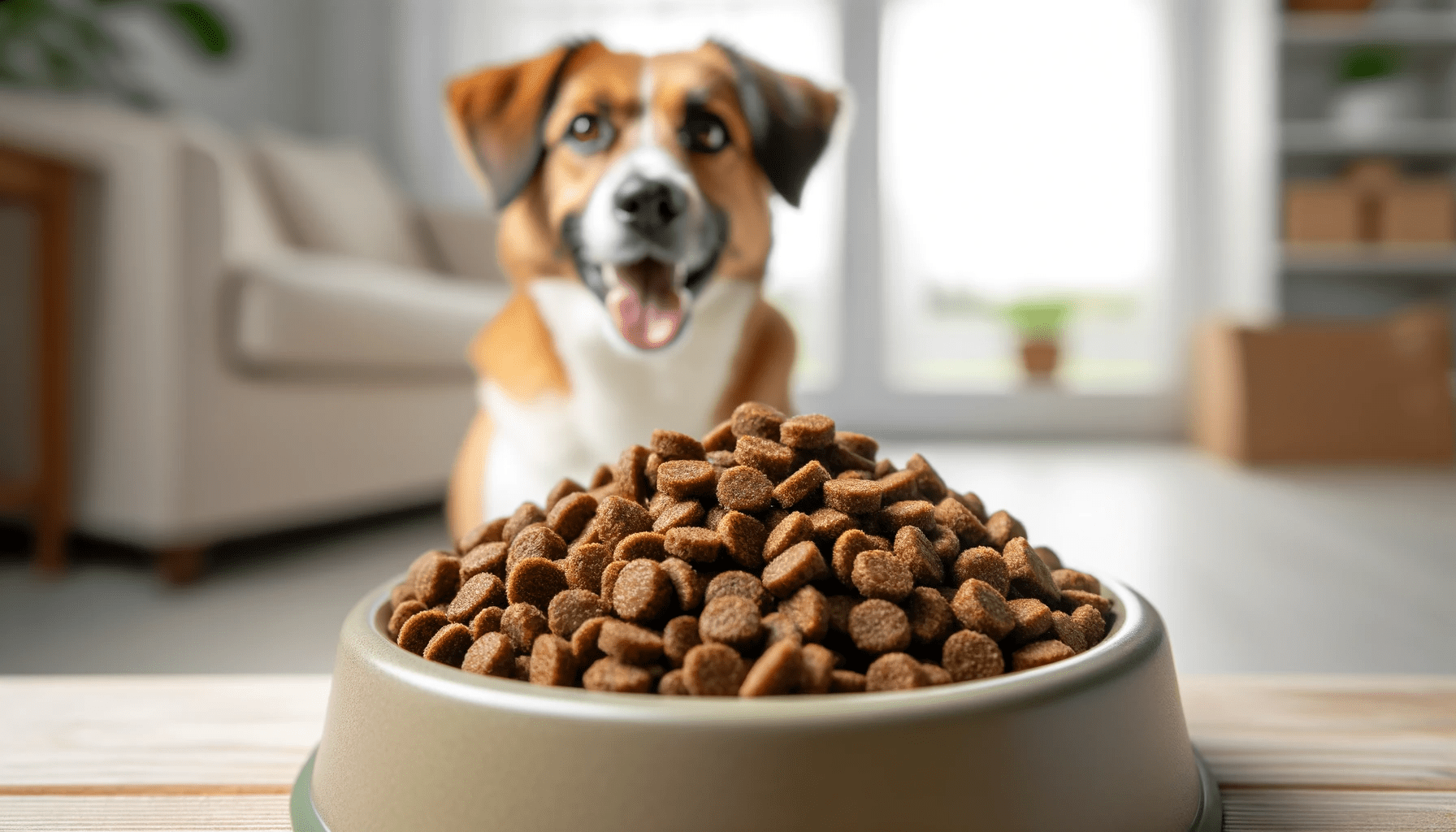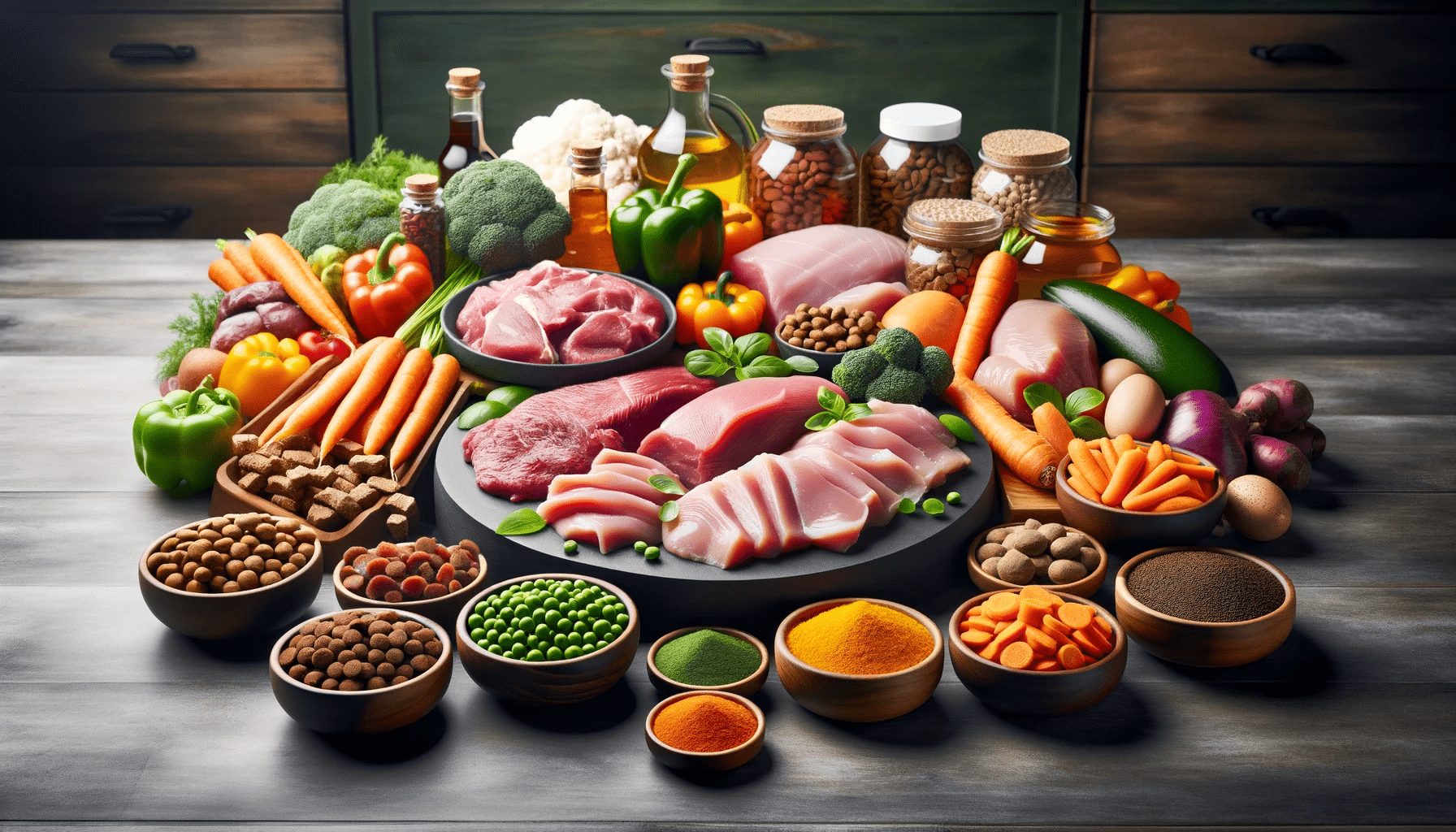Are you concerned about your aging furry friend's nutrition? Discover the key considerations for senior dog nutrition in this informative article.
Learn about the essential nutrients they need, the ideal caloric intake, and special dietary needs for joint health.
Find out why adequate hydration and managing weight and portion control are crucial for your senior dog's well-being.
Get ready to make informed decisions to support your beloved companion's health and happiness.
Key Takeaways
- Nutritional supplements can provide additional support for senior dogs' specific needs.
- Balance protein and fat in senior dog diets to support their aging bodies.
- Prioritize overall well-being and consult with a veterinarian for special dietary needs.
- Monitor water intake to prevent dehydration and consider incorporating wet food into the diet for higher water content.
Essential Nutrients for Senior Dogs
To ensure the health and well-being of your senior dog, it's crucial to provide them with the essential nutrients they need. As dogs age, their nutritional needs change, and it becomes even more important to support their overall health through proper nutrition. One way to do this is by incorporating nutritional supplements into their diet.
Nutritional supplements can help fill in the gaps and provide additional support for your senior dog's specific needs. These supplements often contain vitamins, minerals, and other beneficial ingredients that promote overall health and longevity. Look for supplements that are specifically formulated for senior dogs, as they'll have the right balance of nutrients to support their aging bodies.
In addition to nutritional supplements, dental health is another crucial aspect of senior dog nutrition. As dogs age, they're more prone to dental issues such as gum disease and tooth decay. Poor dental health can lead to pain, difficulty eating, and even systemic health problems. To maintain your senior dog's dental health, provide them with dental chews and regular teeth cleanings. You can also incorporate dental-friendly foods into their diet, which can help remove plaque and tartar buildup.
Ideal Caloric Intake for Aging Dogs
As your senior dog ages, it's important to determine the ideal caloric intake for them to maintain a healthy weight and support their aging bodies. Here are some key considerations when it comes to the caloric needs of aging dogs:
- Nutritional supplements for senior dogs: As dogs age, their bodies may require additional support in the form of nutritional supplements. These supplements can help address specific health concerns, such as joint health, cognitive function, and immune support. Consult with your veterinarian to determine which supplements are appropriate for your senior dog.
- Balancing protein and fat in senior dog diets: Senior dogs often have different dietary needs compared to younger dogs. It's important to strike the right balance of protein and fat to support their aging bodies. Protein is essential for maintaining muscle mass, while fat provides energy and supports joint health. Look for senior dog food formulas that provide adequate levels of quality protein and healthy fats.
- Monitoring weight and adjusting caloric intake: As your senior dog ages, their activity levels may decrease, and they may become prone to weight gain. It's important to monitor their weight regularly and adjust their caloric intake accordingly. Consult with your veterinarian to determine the appropriate caloric intake for your senior dog based on their age, breed, size, and activity level.
Special Dietary Needs for Joint Health
When considering the special dietary needs for joint health in your senior dog, it's important to prioritize their overall well-being and consult with your veterinarian for guidance. Joint issues, such as arthritis, are common in older dogs and can greatly impact their quality of life. Fortunately, there are steps you can take to promote joint health and prevent or manage arthritis.
One crucial aspect of your senior dog's diet is providing them with the right nutrients to support their joints. Look for dog food that's specifically formulated for joint health, as these formulas often contain ingredients like glucosamine and chondroitin sulfate, which are known to support joint function. Additionally, omega-3 fatty acids, found in fish oil supplements, can help reduce joint inflammation and promote overall joint health.
In addition to a well-balanced diet, there are also supplements available that can further support your senior dog's joint health. These supplements typically contain a combination of glucosamine, chondroitin sulfate, and other joint-supporting ingredients. However, it's important to consult with your veterinarian before starting any supplements to ensure they're appropriate for your dog's specific needs.
Importance of Adequate Hydration
Make sure your senior dog has access to plenty of fresh water throughout the day to maintain adequate hydration. Dehydration prevention is crucial for the overall health and well-being of your aging canine companion.
Here are some important considerations and water consumption guidelines to keep in mind:
- Monitor water intake: Pay attention to how much water your senior dog is drinking. If you notice a significant decrease in water consumption, it could be a sign of dehydration. Consult with your veterinarian if you have concerns.
- Offer water at all times: Ensure that your senior dog has access to water at all times, especially during hot weather or after physical activity. Place multiple water bowls in easily accessible areas around your home.
- Consider wet food: If your senior dog has trouble drinking enough water, consider incorporating wet food into their diet. Wet food contains higher water content, which can help with hydration.
Remember, every dog is unique, and individual hydration needs may vary. Consult with your veterinarian to determine the appropriate amount of water your senior dog should be consuming daily.
Managing Weight and Portion Control
Ensure your senior dog maintains a healthy weight and portion control by monitoring their food intake and exercise routine. Senior dog weight management is essential to their overall health and well-being.
As dogs age, their metabolism slows down, making it easier for them to gain weight. Excess weight can lead to various health issues, such as arthritis, heart disease, and diabetes. It's important to provide your senior dog with a balanced diet that meets their nutritional needs while also controlling their calorie intake.
Portion control plays a crucial role in weight management. You should measure your dog's food accurately and avoid free-feeding. Be mindful of treats as well, as they can quickly add up in calories.
Regular exercise is equally important for maintaining a healthy weight. Engage your senior dog in low-impact activities like walking or swimming, which help burn calories and keep their joints healthy. Consult with your veterinarian to determine the appropriate amount of exercise for your senior dog.
Frequently Asked Questions
Are There Any Specific Vitamins or Minerals That Senior Dogs Need More of Compared to Younger Dogs?
As your dog ages, their nutritional needs change. Senior dogs may require more vitamins and minerals compared to younger dogs. It's important to consult with your vet to ensure they are getting the right nutrients for optimal health.
How Can I Determine the Ideal Caloric Intake for My Aging Dog?
To determine your aging dog's ideal caloric intake, start by assessing their body condition scoring. This will help you understand if they need more or fewer calories. Consult with your veterinarian for personalized recommendations.
Are There Any Specific Dietary Recommendations to Support Joint Health in Senior Dogs?
There are specific dietary recommendations to support joint health in senior dogs. You can consider incorporating joint supplements and alternative therapies into their diet to help alleviate any joint issues they may be experiencing.
How Much Water Should My Senior Dog Be Drinking on a Daily Basis?
You should pay attention to your senior dog's water intake. Adequate hydration is crucial for their overall health. Make sure they have access to fresh water at all times and monitor their drinking habits.
What Are Some Effective Strategies for Managing Weight and Portion Control in Senior Dogs?
To manage your senior dog's weight and control portions, try these effective strategies: limit treats, measure food accurately, feed a balanced diet, provide regular exercise, and consult with your veterinarian for personalized recommendations.
Conclusion
In conclusion, ensuring proper nutrition for senior dogs is crucial for their overall health and well-being.
Providing essential nutrients, maintaining an ideal caloric intake, addressing special dietary needs for joint health, and promoting adequate hydration are key considerations in senior dog nutrition.
By managing weight and portion control, owners can help their aging dogs maintain a healthy lifestyle and enjoy their golden years to the fullest.
Remember to consult with a veterinarian for personalized recommendations for your senior dog's specific needs.
